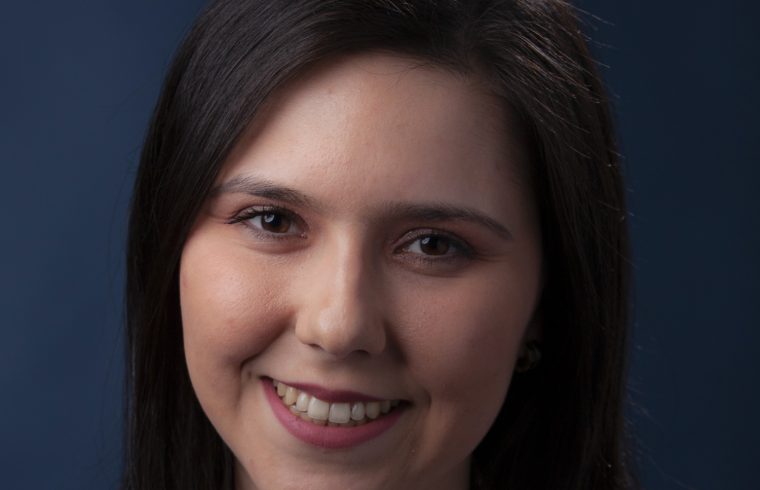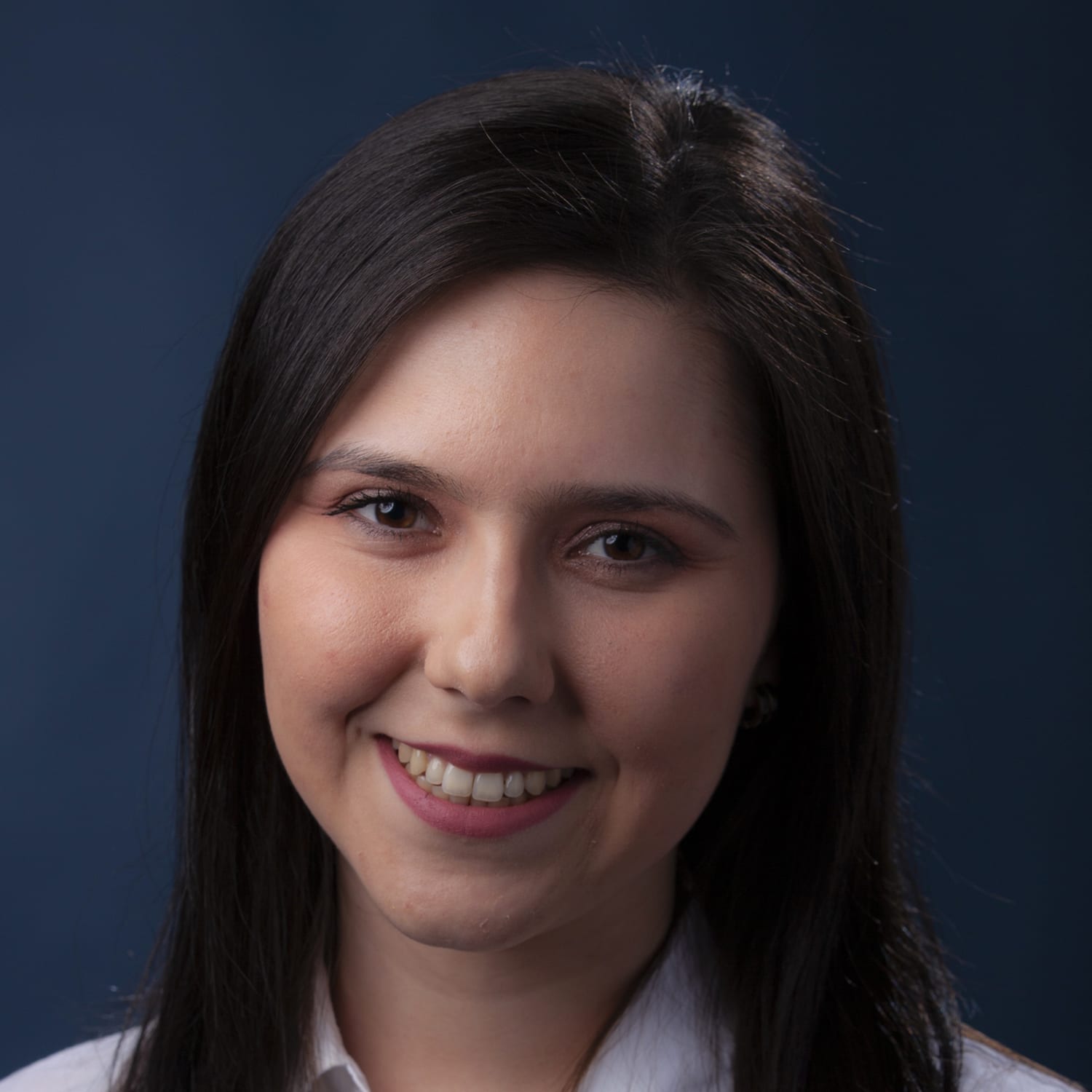Puerto Ricans like the Rev. Damaris Whittaker find it difficult to hold back tears for the roughly 3,000 people who died after Hurricane Maria ripped through the island. But Whittaker and others say that two years later, it’s time for more than tears.
The hurricane was deadliest natural disaster to hit the U.S. in 100 years, and since September 2017 the island has had to essentially prove its need. Puerto Rico, long mired in a government debt crisis, has only received about a third of the recovery funds approved by Congress. Its already limping electrical power infrastructure was crippled by the storm, and rebuilding has been slowed over questions of federal and local government corruption as well as inefficiency.
The island’s governor was forced out of office along with members of his administration in a scandal over leaked text messages, and it took a couple of tries to get a replacement and she came with some political baggage.
Stuck in these eddies of political and bureaucratic turbulence, residents and activists are zeroing in on the 2020 presidential candidates, seeing the next president as their best hope for making the island functional and returning it to financial and economic stability.
“The scars Hurricane Maria left in every Puerto Rican are very deep, and it’s time for us to heal,” Whitaker, a United Church of Christ minister in New York, said. “In my world, healing mainly comes from God. But for all of us, it starts with who we trust to lead our nation.”
From Nevada to New Jersey and Minnesota, groups of people will be showing up at presidential candidates’ campaign offices on Friday morning to demand that candidates present “a comprehensive platform” that addresses the most pressing issues affecting the 3.2 million residents in Puerto Rico.
The day of action is being led by Power4PuertoRico, a coalition of organizations and leaders who advocate for the island and Puerto Ricans living in the states, as part of the group’s #ShowUSYourPRPolicy campaign.
The coalition kicked off the campaign with the support of roughly 60 local and national organizations after publishing an open letter in March urging candidates to take a stance on issues around the island’s $72 billion public debt, the 2016 federal law that created a financial oversight board for Puerto Rico and exemptions to the century-old Jones Act, which raises the cost of imported goods to the island by limiting foreign ships from going there, among other demands.
“Power4 Puerto Rico is working closely with partners across the country to raise the volume on the #ShowUsYourPRPolicy campaign and take it to the doors of presidential candidates,” Erica Gonzalez, director of Power4PuertoRico told NBC News in a statement.
“We felt compelled to do so because the Democratic debates have failed thus far to address Puerto Rico, and to ensure that all candidates present comprehensive action platforms that our community and allies can examine,” she stated.
Whittaker joined the Collective Action For Puerto Rico, a group that advocates for Puerto Rico’s “right to self-determination” to “end 121 years of U.S. colonialism in Puerto Rico,” in New Jersey to visit the campaign headquarters of Sen. Cory Booker, one of the Democrats running for president.
“Like my grandmother in Puerto Rico used to tell me,” Whittaker said, “Se acabó lo que se daba,” which loosely translates as “time’s running out.”
In Minnesota, Ivan Fontanez is leading the group going to Democratic Sen. Amy Klobuchar’s campaign offices.
“We’re going to be there showing our presence, but at 9:20 a.m. we’re taking a moment of silence for the people who died during the hurricane,” Fontanez, of the political action group Puerto Rican in Minnesota Committee, told NBC News.
Other participating organizations with presence in other states include Casa in Action, Boricuas Unidos en la Diaspora, Faith in Action, The Puerto Rican Agenda of Chicago, Make The Road Nevada and Alianza for Progress in Florida.
All groups participating in the day of action are marking the moment of silence at 9:20 am in their respective time zones to those who died on Sept. 20, the day Hurricane Maria made landfall in Puerto Rico.
Puerto Rico’s early primary changes the game
While Puerto Rican residents can’t vote in presidential elections, they can, as U.S. citizens, vote in presidential primaries, meaning that Puerto Rico could give a Democratic candidate a boost in rising above the crowded field.
Because the island has a larger population than 22 states, Puerto Rico’s pool of delegates is a sizable one, said Carlos Vargas-Ramos, a research associate who studies the impact of migration on Puerto Rican political behavior at the Center for Puerto Rican Studies at Hunter College-CUNY.
According to the Puerto Rico Delegate Selection Plan for the 2020 Democratic National Convention, Puerto Rico has 59 delegates and five alternates.
Puerto Rico recently passed a law to move up its 2020 Democratic primary from June to March, an effort that could give island residents more say in who becomes the party nominee and expand the impact of Latino voters in next year’s elections.
“Their vote would be more powerful because it could help decide, early on, who will become the nominee — not later on when the election is almost a given,” Vargas-Ramos previously told NBC.
Additionally, roughly 6 million Puerto Ricans live all over the United States and about 4 million are eligible to vote in U.S. elections, according to the Center For Puerto Rican Studies.
Follow NBC Latino on Facebook, Twitter and Instagram.












